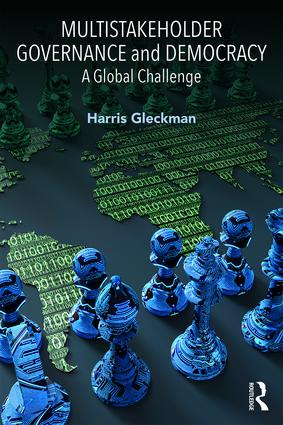Dr. Harris Gleckman, Director
Current consultant for Foundation for Global Governance and Sustainability (FOGGS)
Current consultant for the Transnational Institute (TNI)
25 years of work experience at the UN
5 years of academic and private-sector consulting experience.
Long-term research on global environmental matters; transnational corporations; investment and trade in zones of conflict; and equity and accountability in institutions of global governance.
Regular advisor to the G77 and to international NGOs.
Former Chief, New York Office, U.N. Conference on Trade and Development (UNCTAD)
Former Head, Environment Unit, U.N. Centre on Transnational Corporations (UNCTC)







